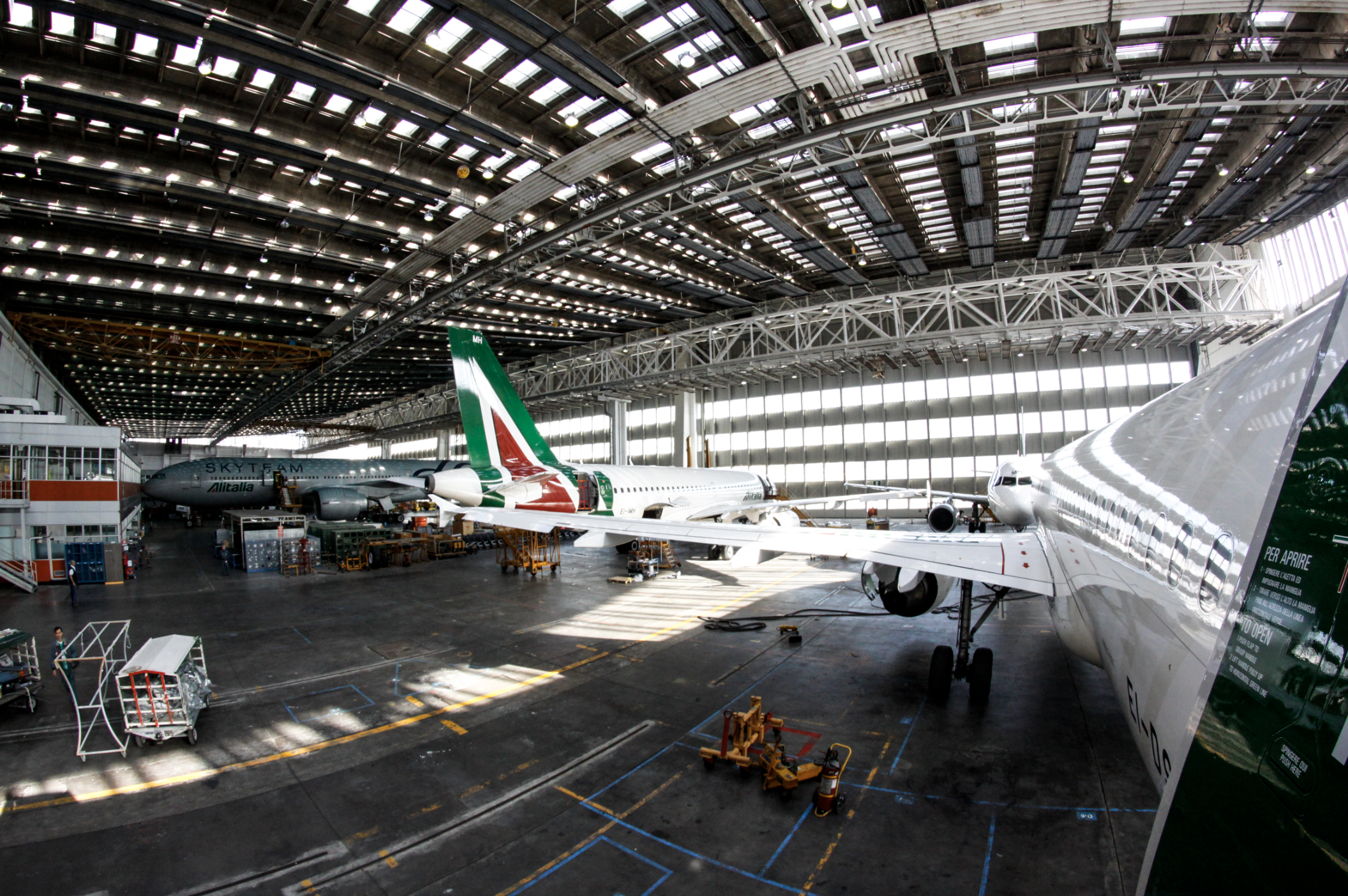
The post-COVID-19 aviation landscape is expected to take on a different form, with change expected to be the MRO segment tipped to accelerate towards paperless maintenance at a greater pace.
Despite the crisis that has engulfed the industry for the past six months, Alitalia has remained on track with two of its key digital projects and has moved both into the trial phase.
Vincenzo Quaranta, the carrier’s head of engineering and maintenance, says it hopes to implement its electronic logbook project by the end of this year, with the airline MRO waiting for regulatory approval from Italy’s regulator, the Italian Civil Aviation Authority.
Second, is the carrier’s electronic signature project. “This will see the replacement of all the dirty fingerprints on paper with electronic copies to be signed directly in our maintenance IT system and the creation of digital work orders to be signed electronically through a certified signature system,” Quaranta says.
Long-term, Quaranta believes there will be an industry-wide shift to digital. “The world is moving to digital, and the digitalization is being accelerated by the pandemic; honestly speaking I don’t see why the aircraft maintenance world should be an exception to this mood,” he says. “The most difficult thing to change is the mindset of the people—pilots, engineers, regulators and quality assurance. Without this change of mindset, the shift towards paperless operations will for sure not be so fast as necessary.”
Specifically, he highlights preexisting attitudes among some national regulators as still being problematic for paperless implementation, including on its own electronic logbook project. “We are ready to go with the [electronic logbook] project, but we are still waiting for Italian Aviation Authority approval. I think they should change their mindset as most airlines and MROs are already doing to embrace the paperless,” he says.
He foresees the IT departments of MROs and airlines creating more software platforms and hardware tools for the implementation of these processes. He also pinpoints the quality assurance and maintenance areas of businesses being key to this change over.
“[They] should be involved to change the internal rules for work certification such as the MOE and other equivalent quality manuals, through the acceptance and validation of paperless activities," he says. "And the maintenance area, where the certifying staff should embrace the new concept of paperless operations and be duly trained to change not only their way of working, but above all their mindset.”





